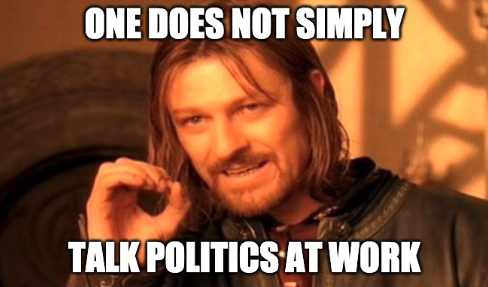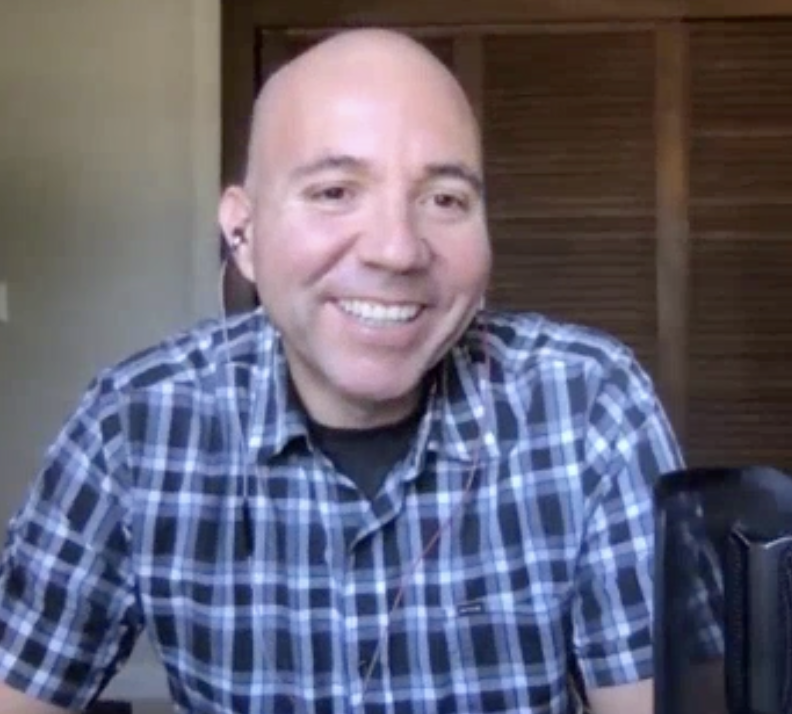 It was an emotional weekend for most of us.
It was an emotional weekend for most of us.
Some of us are celebrating and excited about our new administration. Others may be disappointed or upset about the change in political direction.
I have family and friends on different sides of the political spectrum — and some refused to vote for any major party candidates.
No matter your political viewpoint, I hope all of us can use this time as a moment of reflection. A time to think about the past — and what we can all do to improve our communities in the future.
Reflection and taking time to pause is important for all of us.
Think about ways you can take some time out today to just pause and think about how you’re feeling.
My therapist always wants me to journal, but I prefer going on long walks to think through different issues. Figure out the best way for you to pause and process how you’re feeling.
I also hope we can all work on cultivating more empathy for each other and spend time seeking to understand those who don’t feel our happiness or disappointment.
The art is knowing how to listen and becoming more curious — not combative. It means entering into these political conversations with humility and love. It also means seeking to find some common points of agreement.
Here are some empathic questions to help you:
- • How are you feeling right now?
- • Why do you feel that way?
- • How has your political viewpoint been misunderstood?
- • How can I be a better listener for you?
- • What’s it like to be in your political party right now?
- • What are you excited (or disappointed) about?
- • What do you want others to know about your political viewpoints?
- • What are some points of agreement you have with opposing political parties?
One caveat here is that empathy doesn’t mean you should tolerate hate or toxic conversations. Sadly, we’ve seen a lot of hate speech on social media lately, especially anti-Asian racism and hate toward our LGBTQ+ and Black communities. It’s traumatizing — and that’s never okay online or at work.
If you ever encounter hate or toxic behavior at work, you should address it with your manager and/or H.R. leader as soon as possible.
As we move toward empathy (and look for places of agreement), I hope everyone can recognize and celebrate the historic moment of having our first female vice president and woman of color in that role. It’s an exciting period in American history and an encouragement to all the little girls and women who never saw themselves in a presidential position like that.
May empathy and humility be our guide.


2 Responses to Navigating Political Conversations at Work (And Not Alienating Your Colleagues)